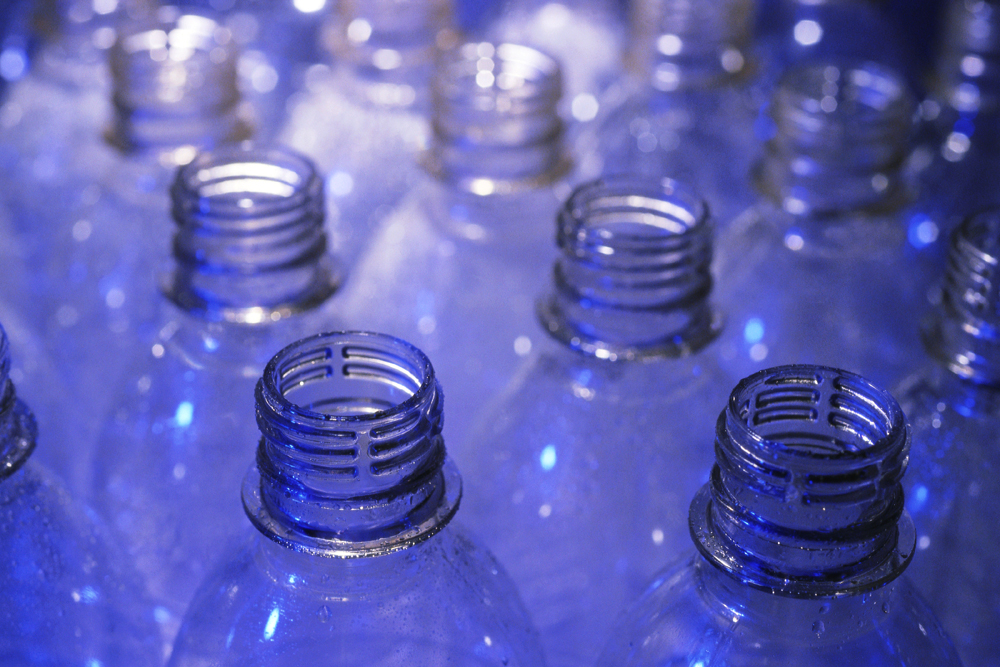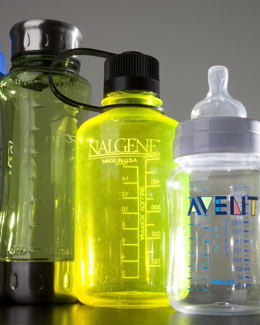November 26th, 2011 by DeborahSchwarzRPA in Research
No Comments »


Jeffrey A. Ascherman, MD, FACS
After the jubilation of beating cancer, many women who seek breast reconstruction have another journey to complete. Before they can receive a permanent breast implant, they must first undergo a process to create the space to house the new implant – a process which can be uncomfortable at times and may take many months.
“Traditionally, women undergoing breast reconstruction have had to endure a long process of inconvenient and sometimes uncomfortable saline injections every 2 to 3 weeks to create a pocket for the permanent implant following a mastectomy,” said Jeffrey Ascherman, MD, Site Chief, Division of Plastic Surgery, NewYork-Presbyterian/Columbia. According to some women, this process can also involve a significant time burden, since they must visit their doctor’s office every few weeks for an average of four to six months.
Dr. Ascherman is now the first physician in the United States to be enrolling patients in a study of a new, Read more »
*This blog post was originally published at Columbia University Department of Surgery Blog*
December 9th, 2010 by Dr. Val Jones in Expert Interviews, Health Tips
1 Comment »
 Have you heard the new urban legend about plastic products? A growing number of celebrities and websites have been fueling a plastic paranoia, striking fear in the hearts of parents, fitness buffs, and microwave container users. Concerns reached such a fever pitch that I wondered if there may be something to this buzz: Can certain plastics harm our bodies or even cause cancer?
Have you heard the new urban legend about plastic products? A growing number of celebrities and websites have been fueling a plastic paranoia, striking fear in the hearts of parents, fitness buffs, and microwave container users. Concerns reached such a fever pitch that I wondered if there may be something to this buzz: Can certain plastics harm our bodies or even cause cancer?
But like the buzz surrounding vaccines and autism (there is NO link between the two), plastiphobia (as I like to call it) is not backed by any clear evidence of human harm. Chemist, Dr. Joe Schwarcz of McGill University (who has no financial ties to plastics manufacturers, by the way) has reviewed the scientific literature and has found plastics to be an extremely unlikely candidate for human injury. (Well, unless you hit someone over the head with a water bottle.) Dr. Schwarcz reviewed plastics safety in a live health chat on December 8th. You can review the entertaining conversation here.
Plastiphobia has fueled an entire industry of plastic-free baby bottles and “microwave safe” containers. Read more »
December 1st, 2009 by Dr. Val Jones in Audio, Expert Interviews
1 Comment »
 There has been a lot of media attention surrounding the safety of polycarbonate plastic products containing bisphenol A (BPA). BPA is found in polycarbonate, hard clear plastic products like eye glasses, bicycle helmets, and food containers, and also in epoxy resins that act as protective coatings on everything from food and beverage cans to steel pipes and car engines.
There has been a lot of media attention surrounding the safety of polycarbonate plastic products containing bisphenol A (BPA). BPA is found in polycarbonate, hard clear plastic products like eye glasses, bicycle helmets, and food containers, and also in epoxy resins that act as protective coatings on everything from food and beverage cans to steel pipes and car engines.
In the next week or so, the FDA is expected to provide a new analysis of the science behind BPA safety. To gain some insight into what the fuss is all about, Dr. Steve Novella and I interviewed Dr. Steven Hentges (Executive Director of the Polycarbonate/BPA Global Group of the American Chemistry Council) on a blogger briefing call.
You may listen to the entire conversation here (and please read on for my summary of the issues):
[audio:https://getbetterhealth.com/wp-content/uploads/2009/12/bpacall.mp3]
Read more »
September 23rd, 2009 by David Kroll, Ph.D. in Better Health Network, News, True Stories
No Comments »

 From today’s article by the always-interesting Sarah Avery at the News & Observer:
From today’s article by the always-interesting Sarah Avery at the News & Observer:
After several failed attempts to extract the item, Manley was referred to another doctor, who suggested removing the entire left lung. “I said, no, I wouldn’t be doing that,” Manley says.
That’s when he decided to seek a second opinion at Duke University Medical Center.
We’ve heard of “hot tub lung” and “popcorn lung” but my chest hurts just thinking about “jagged, fast-food implement lung.”
If this case does not make it into the New England Journal of Medicine, I will be disappointed.
Photo credit: Duke Hospitals via the News & Observer
Title quote: courtesy of Dr Momen Wahidi, director of interventional pulmonology at Duke
*This blog post was originally published at Terra Sigillata*
April 17th, 2008 by Dr. Val Jones in News
No Comments »
I first became aware of the potential link between a chemical found in some plastics (bisphenol A) and health effects in humans a little more than a year ago. I was concerned enough by the preliminary data collected by the NIH to blog about it, and it seems that many others are voicing concerns as well.
In fact, Canada has decided that the evidence is sufficient to label the chemical “dangerous” and will be announcing this shortly:
In Canada, the Globe and Mail newspaper said the Canadian health ministry was ready to declare BPA a dangerous substance, making it the first regulatory body in the world to reach such a determination. The newspaper said the ministry could announce the decision as soon as Wednesday.
Environmental activists long have warned about health concerns regarding the chemical. They praised the draft findings of the National Toxicology Program, which cited more potential worries about the chemical than did a panel of experts that advised the program last year.
At this point we don’t have enough information about how the chemical impacts humans to be sure of its level of risk. But what we do know is that:
1. The chemical is ubiquitous (most Americans have trace amounts detectable in their urine).
2. Animal studies appear to have demonstrated a causal relationship between bisphenol A and fertility, behavioral, and immunologic disorders in rats.
3. Human breast cells exposed to bisphenol A in a Petri dish developed a more aggressive form of cancer.
4. There is a plausible biologic mechanism by which the chemical could exert clinical, endocrine-mediated effects.
For these reasons, I think we should certainly view bisphenol A with suspicion. I will continue to follow the research with interest and concern.This post originally appeared on Dr. Val’s blog at RevolutionHealth.com.


















